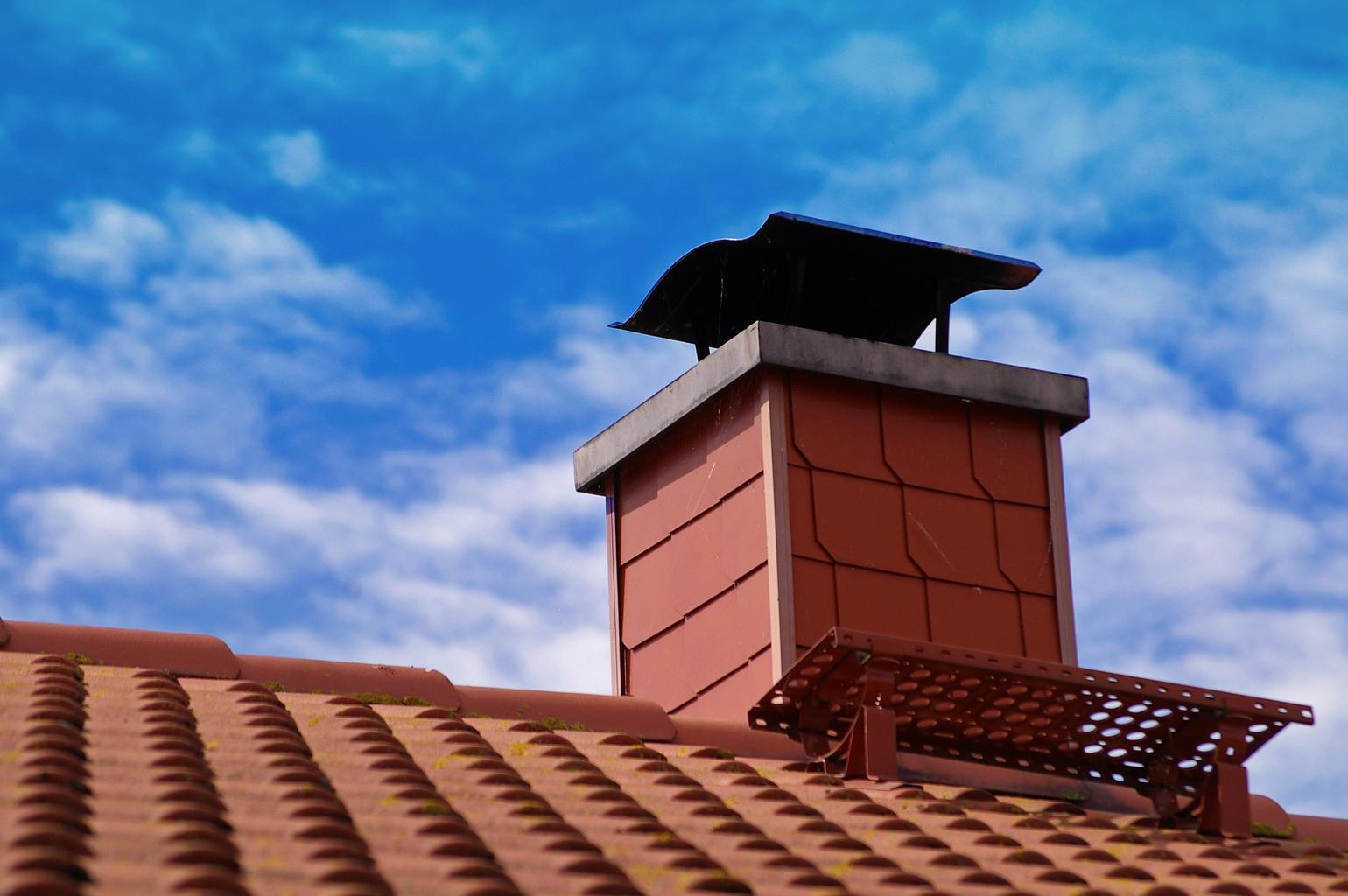Protect Chimney Masonry with Water Repellent This Spring

Spring showers may bring beautiful flowers, but they can also cause chimney leaks. Chimney leaks are common problem and one of the top reasons that homeowners call on a chimney experts or handyman. When water gets in your chimney, it can result in expensive damage. It can deteriorate masonry, ruin drywall, rot structural beams and damage flooring that is near the chimney. Treating your chimney with a water repellent or waterproofing is a simple solution to protect your home from costly, unexpected repairs.
Bricks and mortar naturally tend to act like a sponge absorbing water from rain, sleet and melting snow. If the temperatures drop below freezing, this water inside the masonry will expand and then contract when it thaws. This process of freezing and thawing will cause the masonry to break down. It can lead to sever structural damage over time. Water in the masonry can also seep into materials around your chimney such as ceilings, floors, and structural beans resulting in water damage.
Applying a water repellant or waterproofing sealant prevents masonry from acting like a sponge. It is important to only use a waterproofing sealant that has been designed for chimneys. When you use your fireplace, the masonry needs to be able to breath to release heat, gases and water condensation. If you use a sealant that isn’t designed for chimneys, it may prevent this.
When you call on a CSIA-certified chimney sweep, like Hudson Valley Chimney Service, to waterproof your chimney, you can trust that we’ll use the best chimney water repellent. The benefits of having your chimney professionally waterproofed include:
- 10-year warranty (only with professional application)
- Protection from freeze/thaw damage
- Mildew and fungus resistance
- Natural finish with stain protection
- 99.9% reduced water penetration
- 100% permeability for fire exhaust
The first step to waterproofing your chimney is to contact a professional chimney sweep. If you haven’t had your chimney cleaned and inspected after using your fireplace this winter, it is a good idea to schedule that too. A CSIA-certified chimney sweep will expertly remove tough creosote deposits and stains during the cleaning. They will thoroughly inspect your chimney to make sure there aren’t signs of damage, significant indicators of wear and tear, or obstructions like an animal nest. After cleaning and inspecting the chimney’s interior, they’ll brush and clean the brick on the outside. They will apply an even coating of the water repellant or sealant on the exposed brick. The sealant will protect the masonry and even fill in small cracks.
Your chimney may still be at risk of water damage if it does not have a chimney cap or chase cover. While a waterproofing sealant protects water from seeping into the bricks and mortar, a chimney cap acts like an umbrella preventing rain and snow from falling into the chimney through the opening. Metal mesh around the sides also prevents critters, leaves and other debris from clogging up your chimney.


Beitler’s Chimney Service did an insightful and very informative blog post about chimney repair. Would love to read more of this type of blogs.